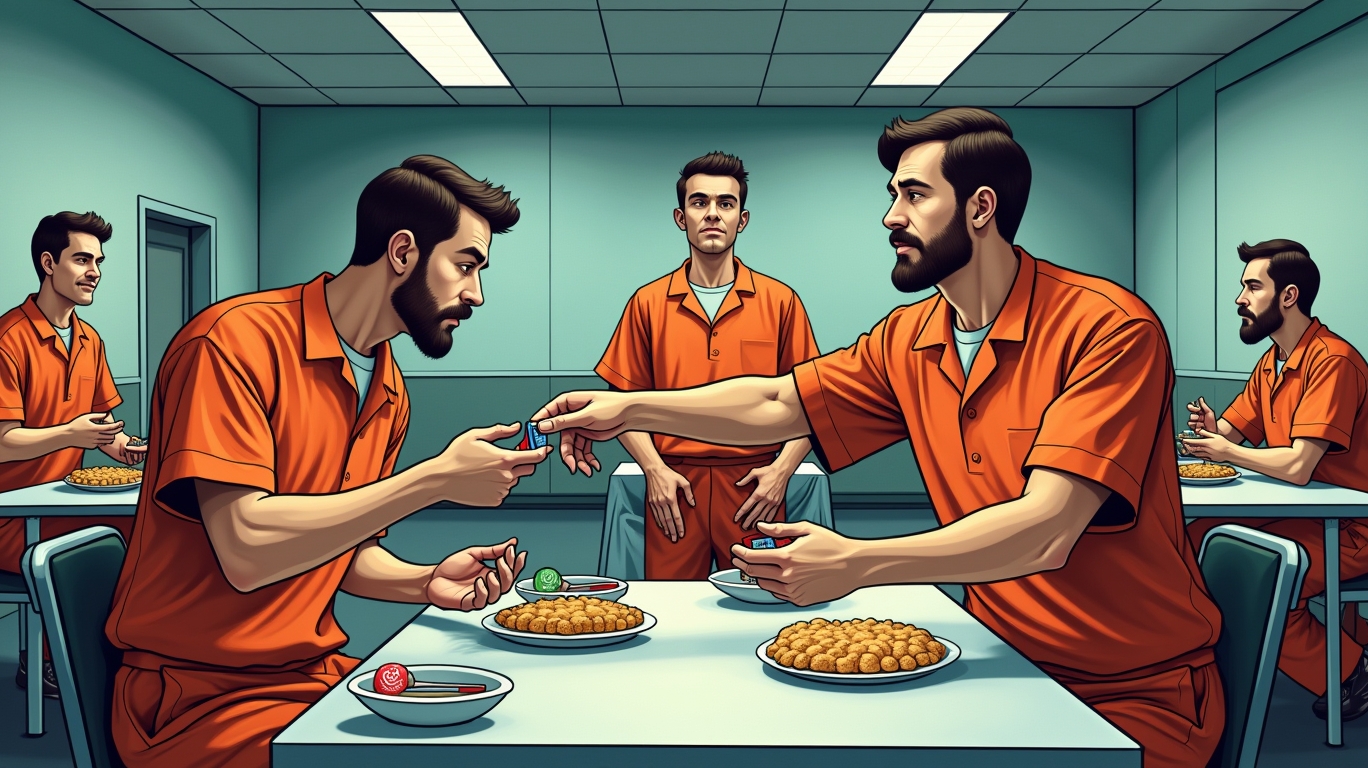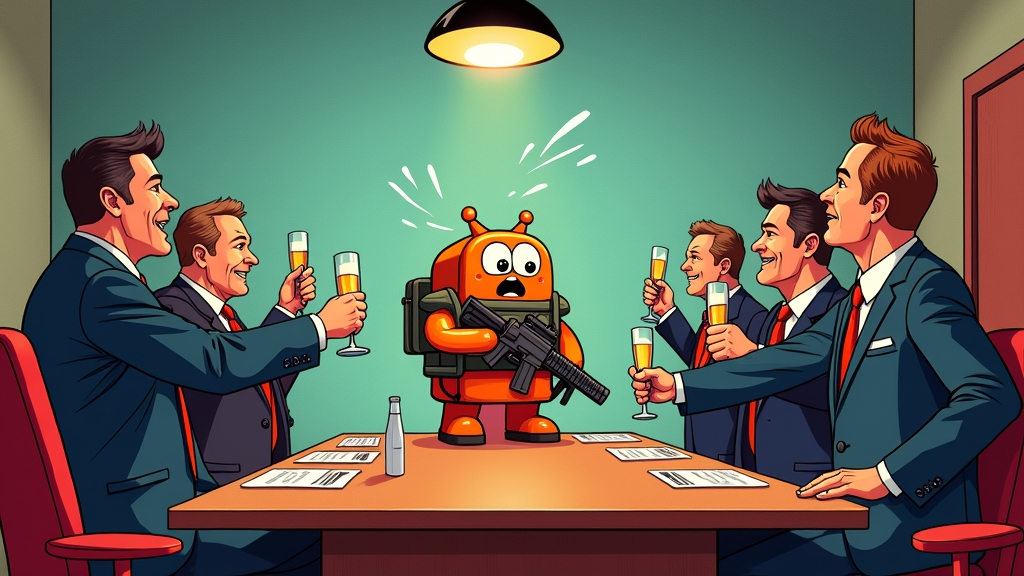**UK Universities Shocked to Discover Deepfake Applicants Still More Qualified Than Real Ones**
In a heartwarming twist for British universities, some international applicants have decided that actual human presence is overrated, submitting deepfake versions of themselves for online interviews. What started as a noble cost-cutting effort to replace real human conversations with AI detection software has now escalated into a thrilling game of “Who’s the Real Student?”
According to Enroly, a software platform designed to automate the joyless bureaucratic slog of university applications, several “applicants” seamlessly faked their way through recorded interviews using deepfake technology. “It was like watching a sci-fi movie, except it was happening live in our cheap virtual hiring systems,” said one anonymous university staff member through an email that, let’s be honest, might also have been AI-generated.
Educators were reportedly horrified at the implications. “We strive to educate bright, ambitious students,” one university official said, “but now, we’re worried we’ll accidentally enroll a literal JPEG with higher intelligence than half our graduating class.”
The scammers, who used AI to mimic human expressions and speech, reportedly performed better than live applicants. “If I’m being honest, some of these deepfakes showed better eye contact and communication skills than the average freshman,” admitted one admissions officer. “Not to mention, way fewer stupid questions.”
Universities are now scrambling to develop ways to counteract this futuristic fraud. The proposed solution? More AI. “We will fight fire with fire,” said an Enroly spokesperson. “If they use deepfakes, we will use more AI to detect them, and eventually, universities will consist of nothing but dueling algorithms. Education will finally reach its purest form: completely student-free.”
Meanwhile, some students defended the practice. “Hiring AI to attend an automated interview seems fair,” said one deepfake applicant who may or may not exist. “If the school can’t be bothered to have real humans interview me, why should I be a real human either?”
In the end, the incident raises an important philosophical question: If AI conducts the interviews, and AI applies for the interviews, then who, exactly, is still benefiting from higher education? Universities reassured the public that this was still, of course, about money.





